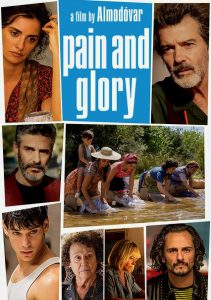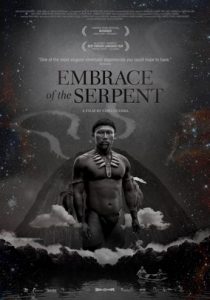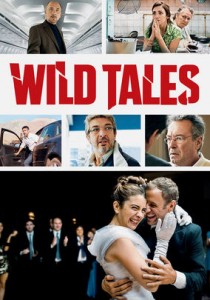Strange Way of Life-2023
Director Pedro Almodóvar
Starring Ethan Hawke, Pedro Pascal
Scott’s Review #1,425
Reviewed April 22, 2024
Grade: A-
Pedro Almodóvar is a unique film director. Spanish, his films are flavorful, saucy, and unpredictable. He tends to mix melodrama, wacky humor, and a colorful landscape frequently sprinkling LGBTQ+ elements even if they are not classified with that specific genre.
I adore his films though they frequently blur together for me.
Though a Spanish film, Strange Way of Life (2023) is only Almodóvar’s second English language film and to my knowledge his first short feature film.
Watching the brief thirty-one-minute offering I fantasized about a full-length feature or even a television series based on the story and characters.
Since it’s short we get right down to business quickly.
One day Silva (Pedro Pascal) rides a horse across the desert to Bitter Creek to visit Sheriff Jake (Ethan Hawke). It is quickly revealed that twenty-five years earlier, the sheriff and Silva, worked together as hired gunmen.
They fell in love during a passionate encounter with three whores and barrels of wine who ditched the men when they realized they were not valued.
Silva provides Jake with the excuse that the reason for his trip is not to go down the memory lane of their old friendship but rather to rescue his son Joe (George Steane) from persecution for being suspected of killing Jake’s late brother’s wife, also a whore.
After Jake and Silva sip wine and enjoy a lovely meal they quickly engage in animalistic sex and reignite their long-dormant passion.
While Silva is gung-ho about reuniting Jake has reservations.
Pascal, who is everywhere due to the success of his television series The Last of Us is fabulous to watch. His sexy machismo pairs well with his passion for his soulmate. Because his character of Silva intends for him and Jake to live out their days running a ranch he is a more inspiring character than Jake.
This point is a nod to the groundbreaking Brokeback Mountain (2006) whose characters also flirted with running a ranch together during a time when any gay relations were forbidden territory.
Hawke is quite good too though I’m partial to Pascal. Buttoned up and law-abiding he rebuffs Silva’s advances, at first.
It’s nice to see Hawke in a gay role. Both characters are masculine thereby dismissing silly LGBTQ+ stereotypes that too often appear in cinema.
It also doesn’t hurt to get a glimpse of Pascal’s bare butt or Hawke’s buff physique as they while away time in the bedroom.
I love the sweaty and muscular Western genre being the backdrop of an LGBTQ+ film and tipped upside down. Not to reduce it to a tepid John Wayne film cliche there exists a gorgeous and melodic fado singer throughout the film.
It is performed by Manu Ríos.
This counterbalances the Quentin Tarantino-ish blood and violence with lovely music.
The film is titled after a 1960s Portuguese fado song by Amália Rodrigues
Since Strange Way of Life is a brief experience many facets could have been explored. Why did Silva leave Jake in the first place? What made him suddenly have a realization after twenty-five years? Were there other men at that time?
Being critical that the film is short and deserves full-length feature status it nonetheless deserves to be towards the top of Almodóvar’s catalog a testament to its power.
Strange Way of Life (2023) successfully takes a macho genre like the Western and lights it on fire proving that two men can be tough and tenderly love each other.









